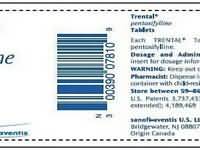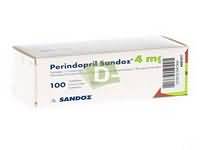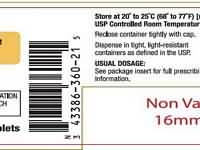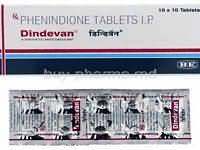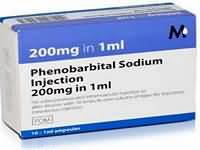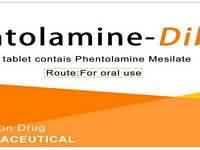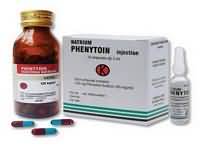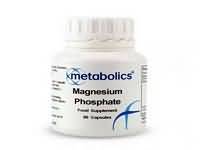Epoetin alfa
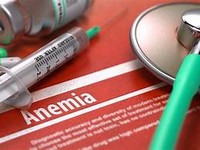
Epoetin alfa
CLINICAL USE
Anaemia associated with renal impairment in pre-dialysis and dialysis patients, and in patients receiving cancer chemotherapyIncreased yield of autologous bloodDOSE IN NORMAL RENAL FUNCTION
Renal: CORRECTION PHASE: (To raise —haemoglobin to target level) 50 u/kg 2–3 times weekly; increase, according to response, by 25 u/kg 3 times weekly at intervals of 4 weeks. Rise in haemoglobin should not exceed 2 g/100 mL/month (optimum rise in haemoglobin up to 1 g/100 mL/month to avoid hypertension)Target haemoglobin usually 10– —12 g/100 mLMAINTENANCE PHASE: Adjust dose —to maintain required haemoglobin level; usual dose needed is 75–300 u/kg weekly in 1–3 divided dosesCancer: Initially 150 u/kg 3 times a week and adjust according to responseAutologous blood harvest: 600 u/kg IV once or twice a week for 3 weeks prior to surgeryPHARMACOKINETICS
DOSE IN RENAL IMPAIRMENT
GFR (mL/MIN)
DOSE IN PATIENTS UNDERGOING RENAL REPLACEMENT THERAPIES
IMPORTANT DRUG INTERACTIONS
Potentially hazardous interactions with other drugsHyperkalaemia with ACE inhibitors and angiotensin-II antagonistsADMINISTRATION
Reconstition
–Route
IV/SC (maximum 1 mL per injection site)Rate of Administration
1–5 minutesComments
When given IV, higher doses normally needed to produce required responseOTHER INFORMATION
Reported association of pure red cell aplasia (PRCA) with epoetin therapy.This is a very rare condition; due to failed production of red blood cell precursors in the bone marrow, resulting in profound anaemia. Possibly due to an immune response to the protein backbone of R-HuEPO. Resulting antibodies render the patient unresponsive to the therapeutic effects of all epoetins and darbepoetinPre-treatment checks and appropriate correction/ treatment needed for iron, folate and B12 deficiency, infection, inflammation or aluminium toxicity, to produce optimum response to therapyConcomitant iron therapy (200–300 mg elemental oral iron) needed daily. IV iron may be needed for patients with very low serum ferritin (<100 nanograms/mL)May increase heparin requirement during HD
See how to identify renal failure stages according to GFR calculation
See how to diagnose irreversible renal disease
Home
